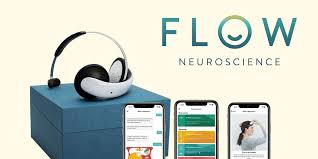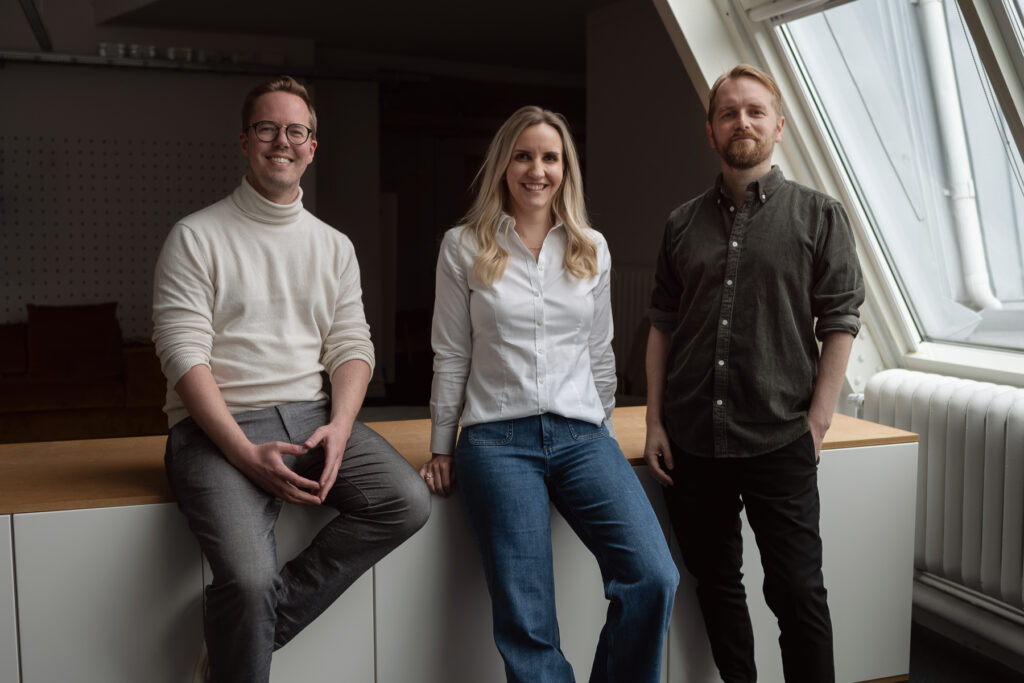Flow neuroscience CEO calls out FDA regulations that it plays waiting game with clinically proven depression treatments: Locked out of US when millions of Americans suffer from depression
LONDON, UK — A growing number of neuromodulation headsets are flooding the U.S. market, often sold under wellness labels with vague claims like “improved mood” or “mental focus.” Yet, many lack clinical validation. Meanwhile, transcranial direct current stimulation (tDCS) devices, which have passed clinical trials and are already used by the UK’s National Health Service (NHS), remain unavailable to American patients due to FDA regulatory delays. Experts add that even China approves and welcomes foreign tech faster.
“People can easily purchase wellness devices with no clinical evidence behind them, while science-backed companies are still waiting on regulatory approval,” said Erin Lee, CEO of Flow Neuroscience, a healthcare company specializing in non-invasive brain stimulation for depression treatment.

“This kind of regulatory imbalance doesn’t just hold back innovation, but ultimately harms patients.”
Flow’s device has already shown promise, with 57% of patients in a recent double-blinded, placebo controlled international clinical trial (which included subjects from the U.S. and the UK) experiencing remission from depressive symptoms and no severe side effects reported. 92% of participants had a clinically significant response to the treatment. These results were published in Nature Medicine and celebrated in their “The Future of Medicine” edition.
In the UK, NHS pilot programs reported a 75% reduction in suicidal thoughts among patients using Flow during crisis interventions.
Yet despite receiving Breakthrough Device Designation from the FDA in 2022–a status reserved for treatments targeting serious conditions with meaningful advantages over existing options–Flow remains unavailable to U.S. patients.
“The system is fundamentally inconsistent,” Lee said.
“FDA demands extensive U.S.-based trials from devices that already meet international medical standards. But at the same time, companies can flood the wellness category with unverified claims and no clinical scrutiny. It’s two standards under one roof.”
A recent regulatory white paper confirms this gap. While 85-90% of medical devices in the U.S. reach market via the 510(k) pathway, which doesn’t require clinical trials, novel neuromodulation devices like tDCS are typically pushed into De Novo or Premarket Approval routes, requiring multi-year trials even if they have existing international approval.
“In practice, what this means is that people in Sweden, the UK, or even Hong Kong can access a device like Flow, while Americans are left with expensive gadgets that claim to stimulate the vagus nerve or boost brainwaves, without any evidence,” Lee added.
This market divide is especially stark when compared with consumer-facing devices, which claim to reduce stress via vagus nerve stimulation despite lacking clinical validation or formal medical clearance.
Lee believes the problem is regulatory inertia–and a missed opportunity.
“Depression affects more than 21 million adults in the U.S., and yet innovation in this space is being stalled by outdated gatekeeping,” Lee said. “The U.S. should be leading the way in non-invasive, effective mental health technologies, not watching from the sidelines.”
Flow completed their pivotal trial in 2023 and has been pursuing FDA approval for the last two years. Flow would be the first FDA-approved device for in-home stimulation. But Lee argues that reform is urgently needed.
“FDA approval should reflect global science. If other countries have done the work–and the data is sound–then we shouldn’t be starting from zero every time,” Lee said. “The longer we wait, the more patients are steered toward unproven wellness tech while proven solutions stay on the shelf.”

About Flow Neuroscience
Flow Neuroscience is a healthcare company that focuses on tDCS therapies and devices. In 2016, it was co-founded in Sweden by Daniel Mansson, a clinical psychologist, and Erik Rehn, an engineer. Erin Lee joined as CEO in 2022, having previously worked at Google, Uber and Babylon, and the company is now based in the UK. Flow is the only at-home medical tDCS device with clinically proven effectiveness in treating depression. It is not only used by the National Health Service (NHS), but also available and has passed regulations in Europe, Norway, Switzerland, and Hong Kong.


Best DIY appliance repair tips, for master the skill.
troubleshooting AC leaks http://technirepair.com/4-air-conditioner-repair-tips-for-homeowners/
— Please support independent journalism like this news blog:Donate at this link – https://themediapub.com/advertise/